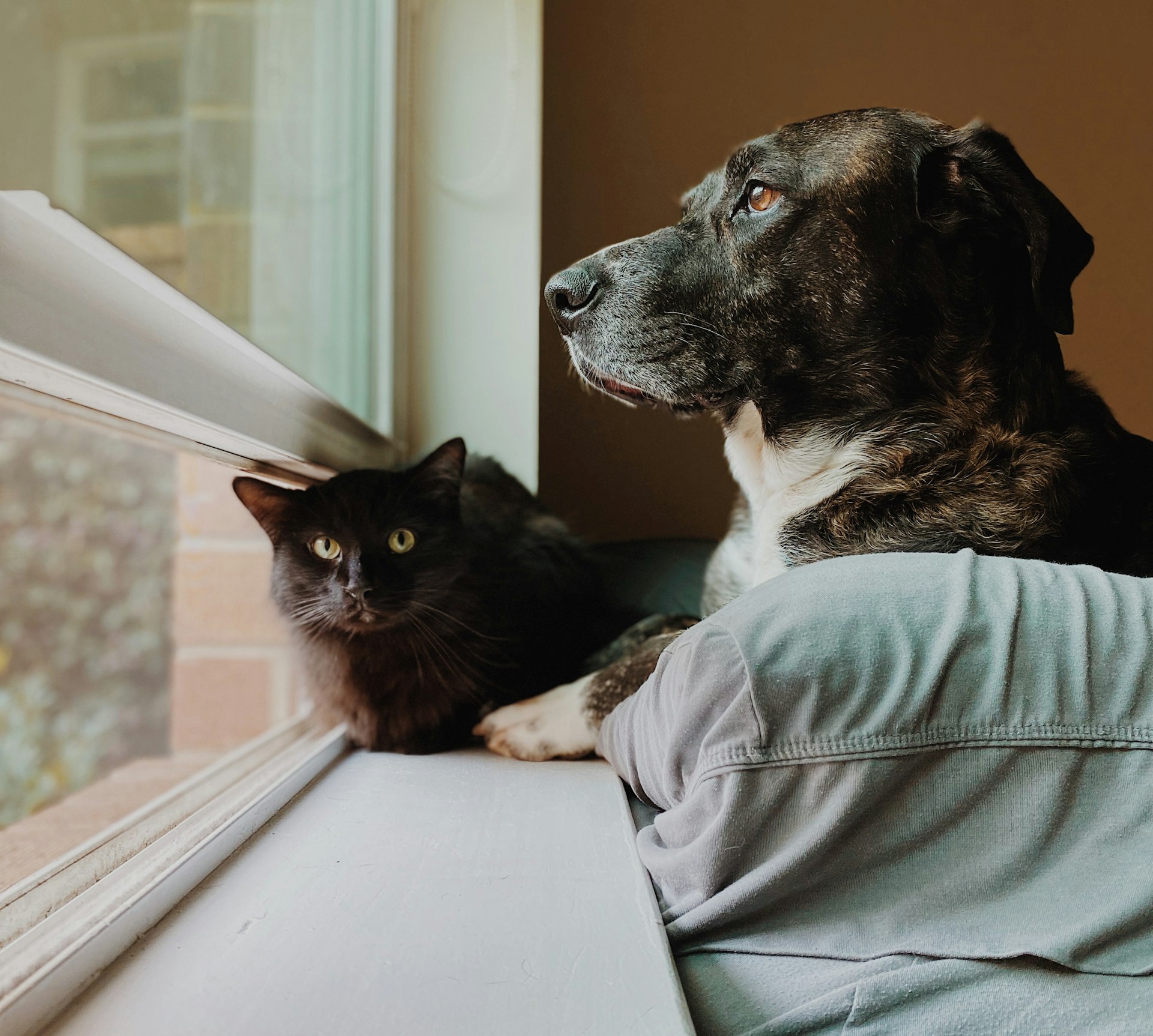Have you ever wondered what’s the best way to ensure your furry friend stays healthy and happy? We all want the best for our pets, but when it comes to their food and supplements, the options can be overwhelming. Should you focus on the amount of meat in their diet? How important are vitamins and fiber? What kind of supplements do they actually need?
Let’s break it down so you can easily understand what’s important when feeding your dog or cat.

The Basics of Pet Nutrition
Your dog or cat needs a well-balanced diet to stay healthy and full of energy. Just like humans, they require a variety of nutrients to keep their bodies in top shape.
1. Protein – This is one of the most important components of your pet’s diet. Dogs and cats are carnivores, meaning they thrive on protein, especially from animal sources. Protein supports muscle growth, tissue repair, and overall strength. Look for foods that have high-quality meat like chicken, beef, or fish as the main ingredient.
2. Fats – Healthy fats provide energy and keep your pet’s coat shiny and skin healthy. Omega-3 and Omega-6 fatty acids, found in fish oil or flaxseed, are particularly beneficial.
3. Vitamins and Minerals – Vitamins like A, D, E, and K are crucial for your pet’s vision, immune system, and bone health. Minerals such as calcium, phosphorus, and magnesium ensure that bones and teeth remain strong. Balanced pet food should provide these, but supplements can be useful, especially if your pet has specific needs.
4. Fiber – Fiber is essential for a healthy digestive system. It can help with problems like constipation or diarrhea. Fiber is often found in grains and vegetables, but the right balance is key, as too much can cause bloating.
How to Choose the Right Food
When you’re picking food for your pet, always check the label. The first ingredient should be a high-quality source of protein like chicken or beef. Avoid foods with too many fillers like corn or soy, as they don’t provide much nutritional value.
If you have a cat, make sure the food has enough taurine – an essential amino acid that cats can't produce on their own. For dogs, focus on a balanced mix of protein, fats, and carbs, depending on their activity level.
The Role of Supplements
Even with the best food, your pet might need extra nutrients. This is where supplements come in, especially if your dog or cat has specific health concerns.
1. Joint Health – For older pets or breeds prone to joint issues, supplements with glucosamine and chondroitin can help support mobility and reduce pain.
2. Digestive Health – Probiotics can be great for pets with sensitive stomachs. They help maintain a healthy gut balance, which leads to better digestion and nutrient absorption.
3. Skin and Coat – If your pet suffers from dry skin or a dull coat, fish oil supplements rich in Omega-3 can work wonders. They not only improve the look of your pet’s fur but also help with inflammation and allergies.
4. Immune Boosters – Vitamins C and E are natural antioxidants that help boost your pet’s immune system, keeping them healthier for longer.

Final Thoughts
At the end of the day, your pet’s diet is the foundation of their health. High-quality food with the right balance of protein, fats, and fiber, along with supplements tailored to their needs, can help ensure your dog or cat stays in tip-top shape. After all, they give us so much love — isn’t it only fair that we give them the best care possible?
So, the next time you’re shopping for pet food or supplements, ask yourself: "Am I giving my furry friend everything they need to thrive?" If you have any doubts or need personalized recommendations, we’re always here to help!